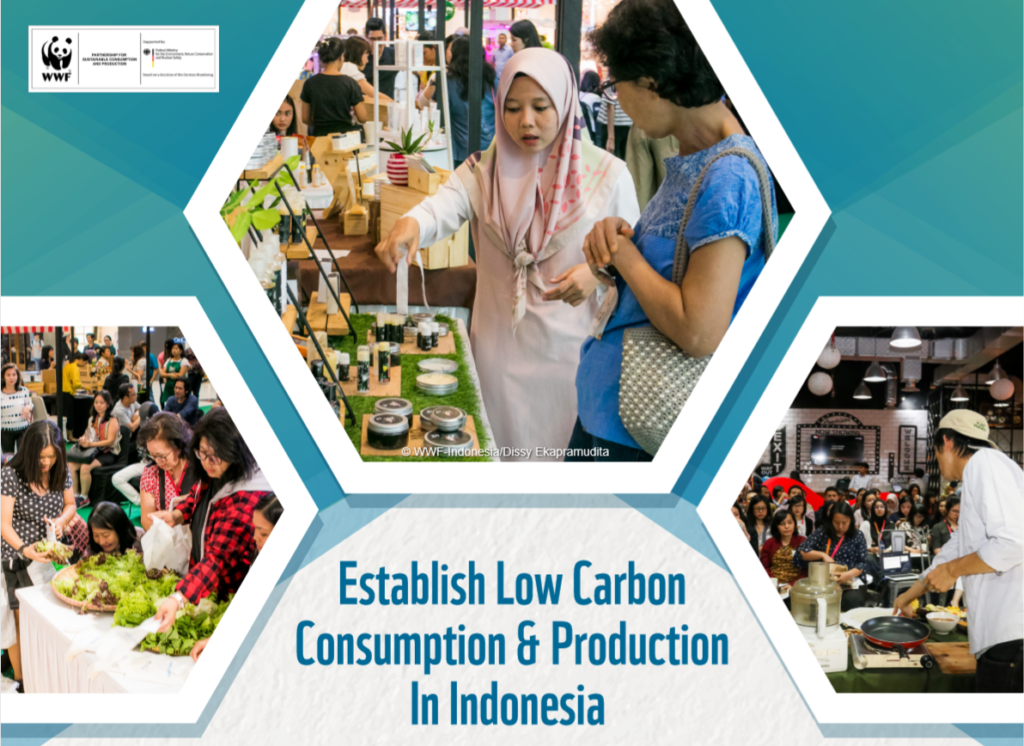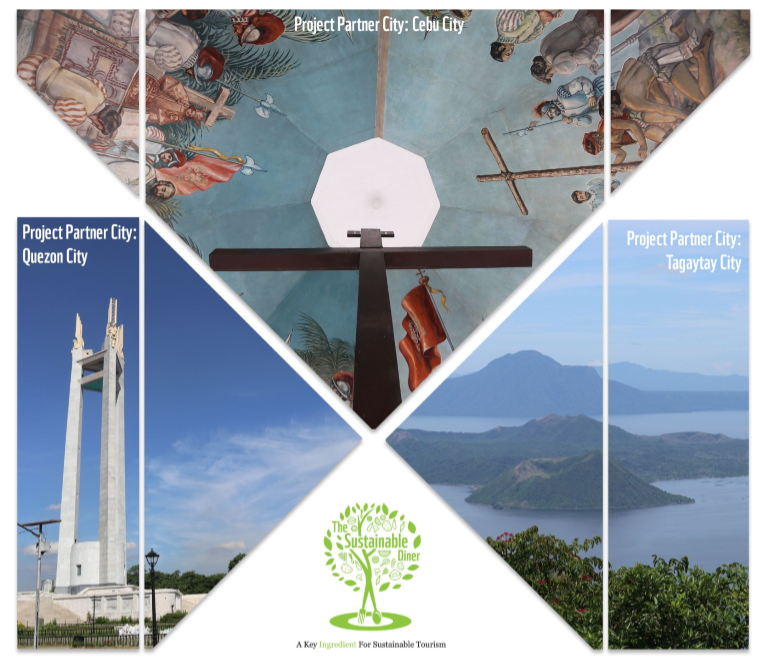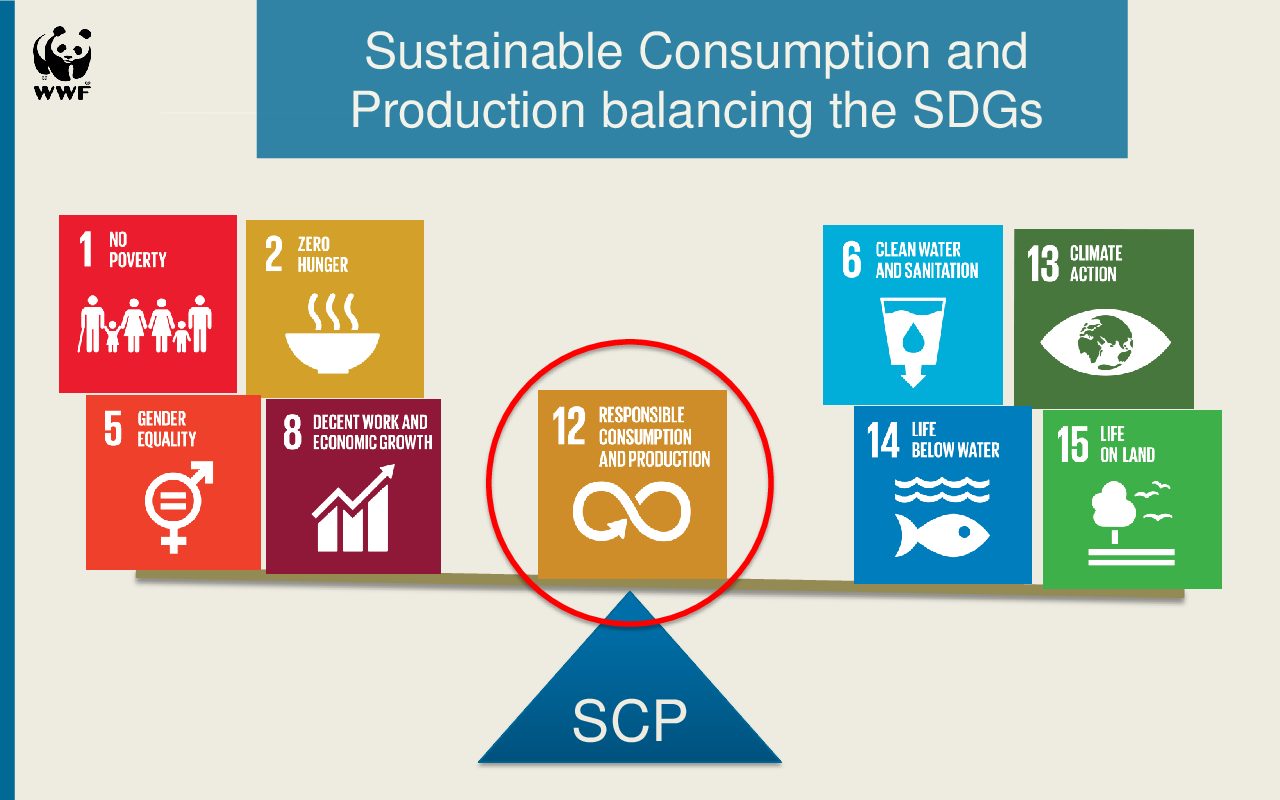Have a look at the factsheets below displaying the project components of our three Asian implementing countries (Thailand, Indonesia, Philippines).
Thailand
 In Thailand the projects works through the establishment of platforms and networks involving the various stakeholders, setting up area-based SCP models with farming communities in Northern Thailand, developing a traceability app for connecting consumers to producers and retailers, engaging consumers through the campaign “Eat Better” in raising awareness on the impact of food consumption on ecosystems, and developing science-based policy recommendations for national mitigation strategies.
In Thailand the projects works through the establishment of platforms and networks involving the various stakeholders, setting up area-based SCP models with farming communities in Northern Thailand, developing a traceability app for connecting consumers to producers and retailers, engaging consumers through the campaign “Eat Better” in raising awareness on the impact of food consumption on ecosystems, and developing science-based policy recommendations for national mitigation strategies.
Download the factsheet of the project components in Thailand here!
Indonesia
 WWF-Indonesia developed the campaign “Better Consumption” (Beli Yang Baik) and is combining this with private business engagement. The palm oil sector in Indonesia (producers, brand owners, retailers) is targeted to advance sustainability initiatives (e.g. in roundtables), while consumers and civil society are mobilised to demand more sustainable products (such as palm oil). Over decades of engagement, WWF-Indonesia has formed strong community ties, and is reaching out to engage consumers through communities as well as online/ social media.
WWF-Indonesia developed the campaign “Better Consumption” (Beli Yang Baik) and is combining this with private business engagement. The palm oil sector in Indonesia (producers, brand owners, retailers) is targeted to advance sustainability initiatives (e.g. in roundtables), while consumers and civil society are mobilised to demand more sustainable products (such as palm oil). Over decades of engagement, WWF-Indonesia has formed strong community ties, and is reaching out to engage consumers through communities as well as online/ social media.
Download the factsheet of the project components in Indonesia here!
Philippines
 In the Philippines the campaign “The Sustainable Diner” partners mainly with restaurants to avoid food waste and provide healthier and more environmentally-friendly food options. This way, multi-sectoral awareness on the environmental impacts of the food service industry is created and ways to reduce the ecological footprint are demonstrated.
In the Philippines the campaign “The Sustainable Diner” partners mainly with restaurants to avoid food waste and provide healthier and more environmentally-friendly food options. This way, multi-sectoral awareness on the environmental impacts of the food service industry is created and ways to reduce the ecological footprint are demonstrated.
Download the factsheet of the project components in in the Philippines here!
If you would like to find out more about the country components, you can also visit these pages: Thailand, Indonesia, Philippines

